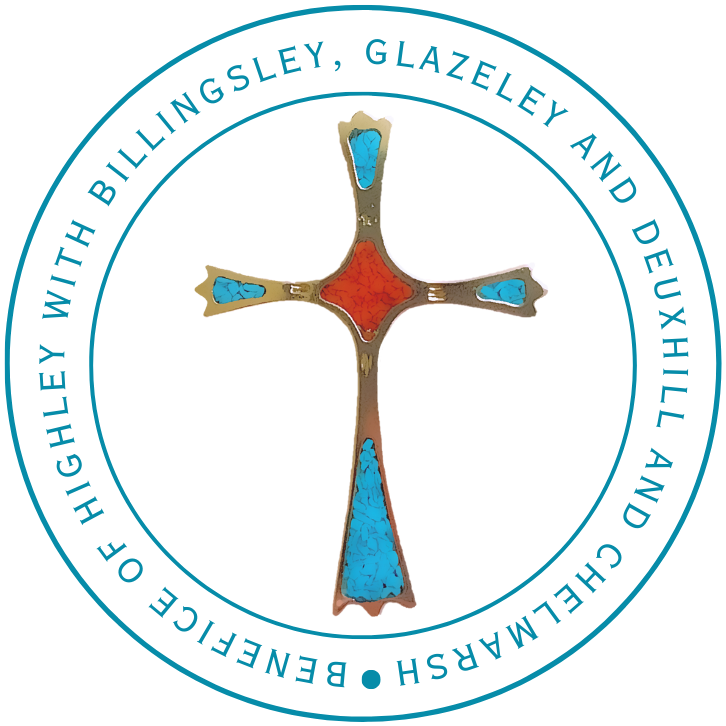We are now at the mid-point of the general election campaign. All candidates have now been declared; leaflets are starting to appear through doors, the manifestos have been published. The Church of England has responded by publishing a short booklet, “Pray your part”, with reflections and prayers for each of the last 21 days of the campaign. Doubtless some will scour this for evidence of political bias. It is certainly not the role of the church to tell people which party they should vote for in the election but equally faith cannot be a purely private matter. It is something Christians need to take to the polling station and that means we need to decide are the non-negotiable principles which any candidate or party must respect. The Christian belief is that all of us are made in the image of God, no matter how marred that may seem in some. From that it follows that all must be treated with respect and fairness. In the Old Testament there is a constant call to care for aliens, the poor, widows and orphans; the weakest in society. In the New Testament, Jesus reduced all this teaching to a simple command; to love our neighbours as ourselves. He then went on to show that our neighbours may include some surprising people. His teaching has been called a manifesto.
This does not answer how we should achieve a fair and loving society; by tax and spend, or tax cuts and economic growth. That really is for politicians to decide. But Jesus’s manifesto is one we can use to judge the spirit underlying the manifestos that they offer to us.
Rev David Poyner

